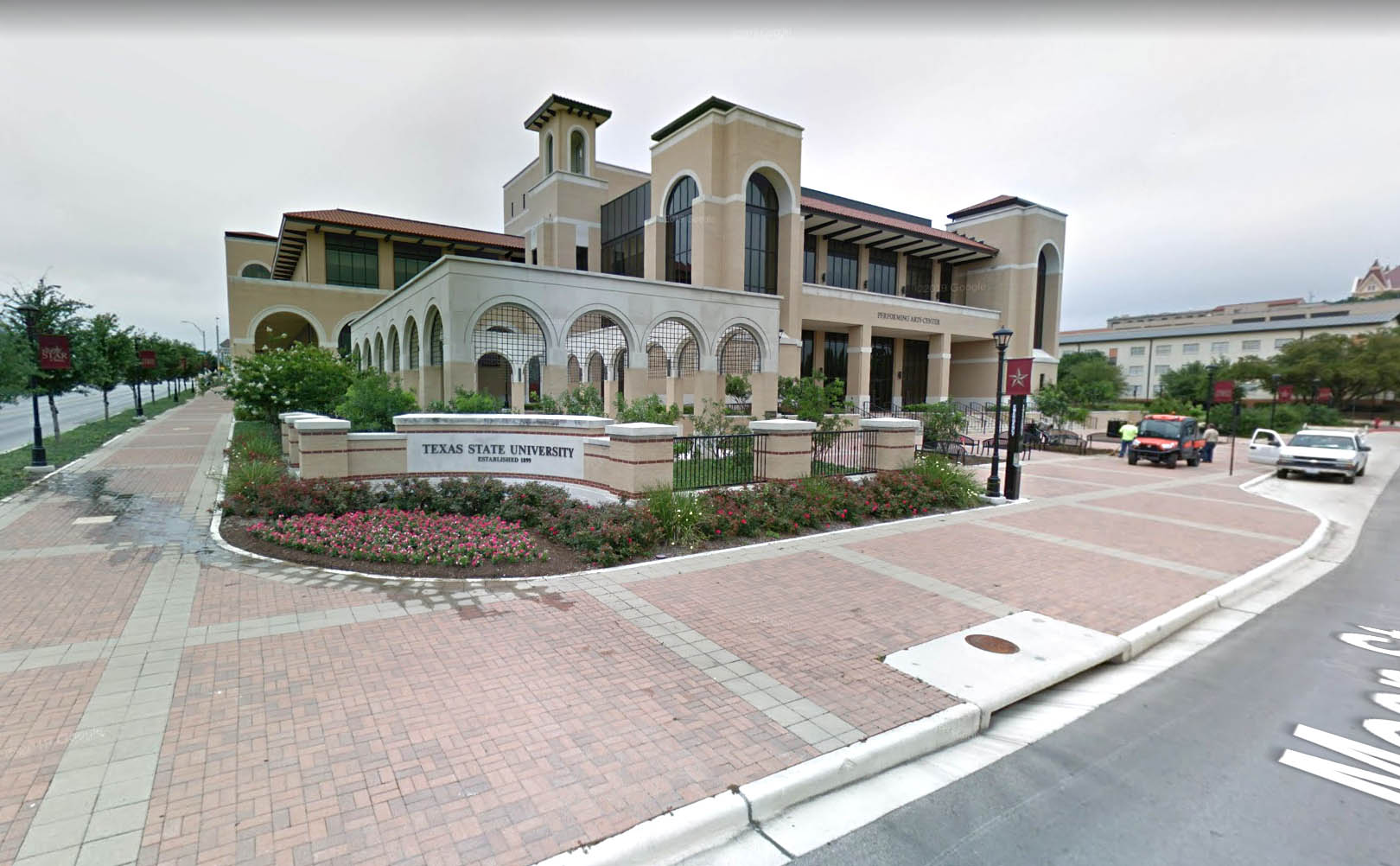Texas State University student sues Pi Kappa Phi fraternity after alleged attack leaves him with brain damage
Nikolas Panagiotopoulos suffered severe injuries as a result of the attack.
A Texas State University student is suing the school's chapter of the Pi Kappa Phi fraternity after he was left with brain damage and other severe injuries as a result of fraternity members allegedly attacking him on the street.
Senior Nikolas Panagiotopoulos, 22, and a friend were allegedly attacked as they walked past a building owned and operated by the Pi Kappa Phi fraternity's Eta Rho chapter on Oct. 27 around 2:30 a.m., according to a petition filed in Travis County District Court last week.
A crowd of the fraternity members and social guests were gathered outside the house as Panagiotopoulos walked by and "began to taunt, verbally harass" and act aggressively toward him, allegedly due to a "mistaken belief" that he was a member of a different social club, the court document states.
Panagiotopoulos attempted to flee after "several minutes" of harassment, but was then allegedly tackled and assaulted by a group of people, according to the petition. He lives across the street from the fraternity house, his attorney, Sean McConnell told ABC Austin affiliate KVUE.
He was then left unconscious on the side of the street, Panagiotopoulos' attorney, Jay Harvey, told KVUE.

Cellphone video that appears to show the incident shows a group of at least a half of a dozen people involved in a scuffle on a street as a witness yells for them to stop and says she is going to "call the cops."
Panagiotopoulos suffered "severe" injuries, including traumatic brain injury, skull fracture, mental anguish and emotional distress as a result of the attack, according to his attorneys. He spent months in the hospital and was advised by his doctors to not fly to New York to visit his family for Christmas, his attorney, McConnell told ABC News. In addition, he was not able to complete all of his coursework for the fall semester but is still looking to graduate in May, McConnell said.
The lawsuit alleges that the fraternity "should have known" that the crowd gathered outside were "unruly" and "acting aggressively." It also accuses the fraternity of having a "history of encouraging consumption and overconsumption of alcohol" as well as "encouraging rivalries with members of other fraternities and social clubs" and "encouraging violence" and aggressive behavior, "including taunting and hazing."
Pi Kappa Phi is also accused of negligence by failing to diffuse the situation, supervise and monitor its members and guests and failing to stop them from gathering outside and acting aggressively."
"The attack was precipitated by a culture within the fraternity that encouraged drinking, bullying, and violence," Harvey said in a statement.

The petition is requesting $1 million in damages for compensation for loss of earnings and earning capacity in the future and necessary medical expenses occurred in the past.
The local Pi Kappa Phi chapter, as well as its national representative based in Charlotte, North Carolina, were named in the lawsuit. Three members of the fraternity were also named in the lawsuit for their alleged roles in the attack. Two of the fraternity members have been charged with aggravated assault, McConell told ABC News. A public information officer for the San Marcos Police Department, currently investigating the attack, did not immediately respond to ABC News' request for comment.
Pi Kappa Phi was suspended in October "as soon as the university was notified of the incident," Texas State University Director of Media Relations Jayme Blaschke told ABC News. It was later banned from campus for four years due to alleged hazing, according to KVUE.
Blaschke did not comment on the lawsuit, as Texas State was not named as a party.
The fraternity declined to provide a comment to ABC News, saying it does not comment on pending litigation.
ABC News could not immediately reach the fraternity members named in the lawsuit.




